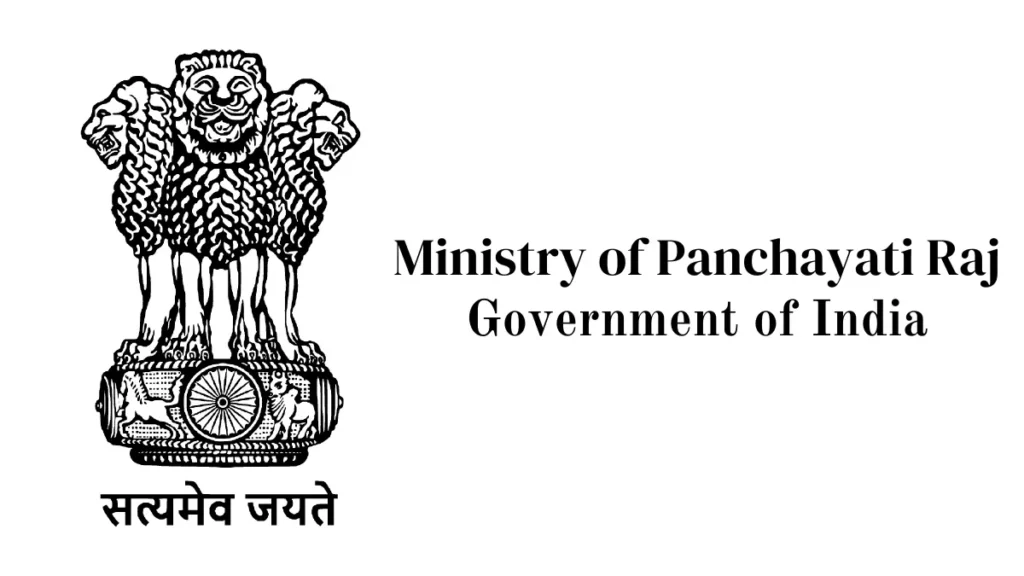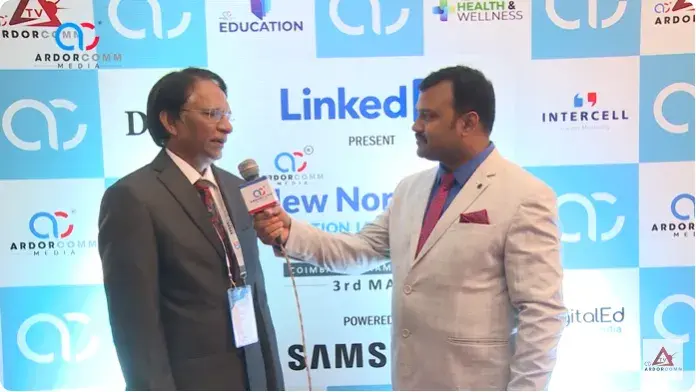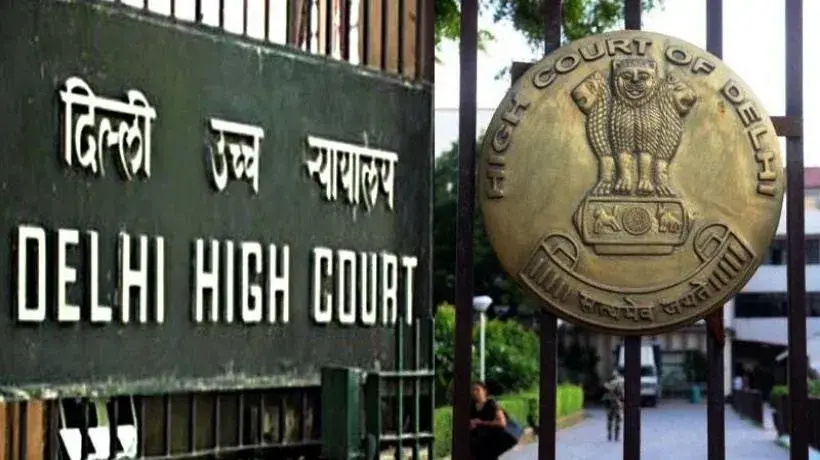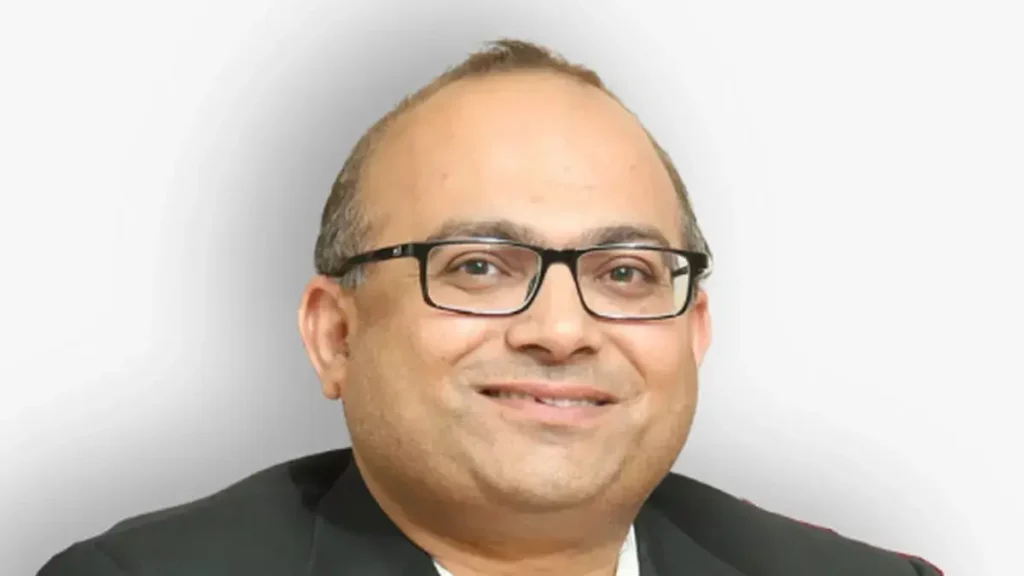MoPR to Launch Nationwide ‘Sabki Yojana, Sabka Vikas’ Campaign on Oct 2 to Strengthen Grassroots Planning
The Ministry of Panchayati Raj (MoPR) is set to launch the nationwide “Sabki Yojana, Sabka Vikas” campaign on October 2, kicking off the People’s Plan Campaign (PPC) 2025–26 for preparing Panchayat Development Plans (PDPs) for 2026–27. First introduced in 2018, the initiative has helped Panchayats draft inclusive, evidence-based, and convergent development plans in line with both local needs and national objectives. As per data available on the eGramSwaraj portal, more than 18.13 lakh development plans have been uploaded since 2019–20, including 2.52 lakh plans under the current 2025–26 cycle. On September 26, Additional Secretary Sushil Kumar Lohani reviewed the readiness of States, Union Territories, and State Institutes of Rural Development in a virtual meeting. The MoPR has instructed States/UTs to strengthen monitoring systems, appoint nodal officers, train facilitators, finalize Gram Sabha schedules, and ensure public information boards are displayed before the end of September. The campaign will commence with Special Gram Sabhas on October 2, where past plans will be digitally reviewed through platforms such as eGramSwaraj, Meri Panchayat App, and Panchayat NIRNAY. Villages will also identify and prioritize incomplete projects funded under Central Finance Commission grants. Planning will be guided by the Panchayat Advancement Index (PAI) and supported by digital tools like SabhaSaar, with a push towards improving Own Source Revenue (OSR) and expanding community involvement. A special focus will also be placed on tribal empowerment through the Adi Karmayogi Abhiyaan. According to the ministry, this exercise is designed to strengthen participatory democracy, enhance transparency and accountability, and ensure better service delivery at the grassroots, reinforcing the role of Panchayats as vital institutions of rural governance. Source: DD News






